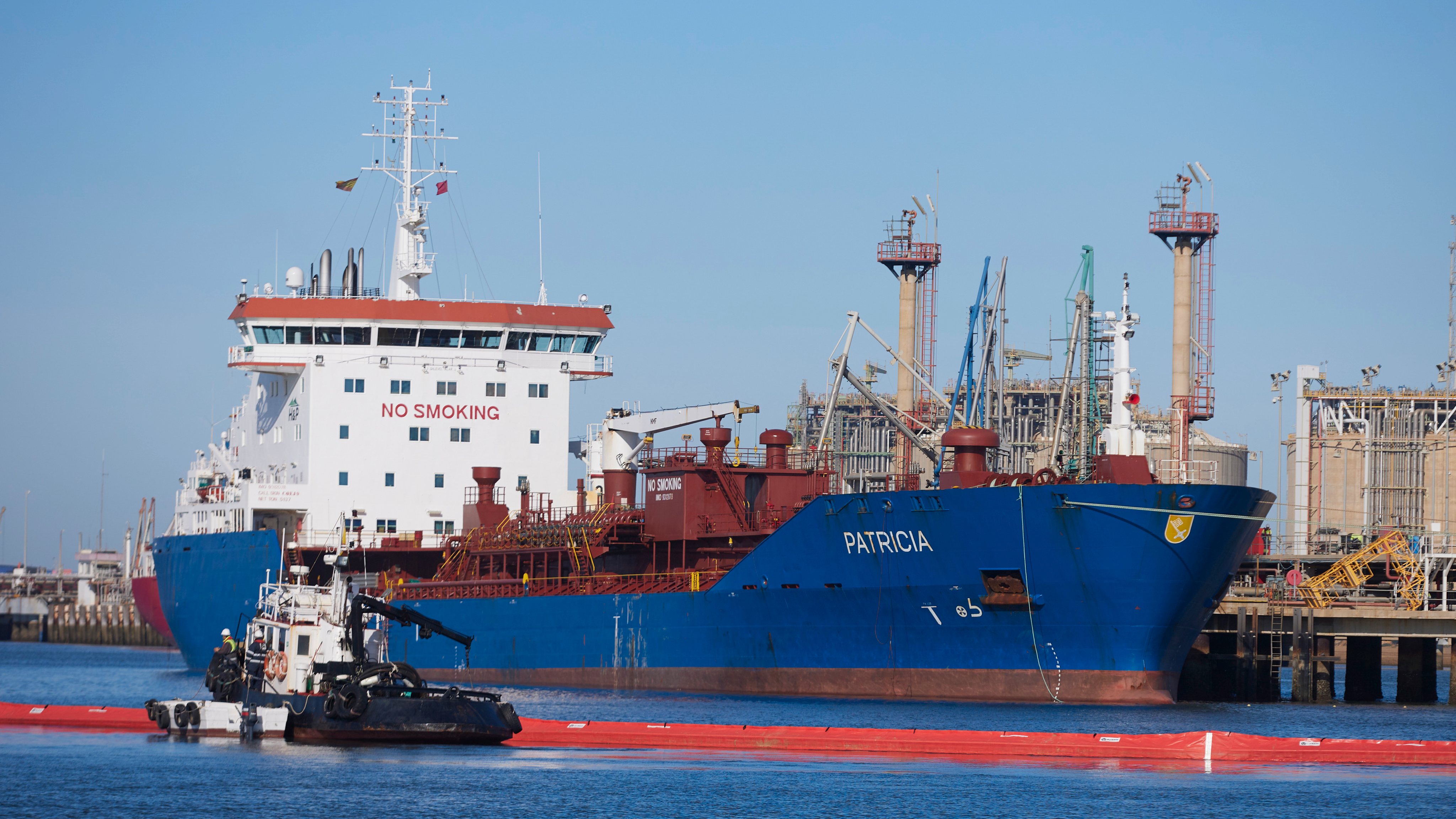A company from Setúbal specializing in the treatment of polluted water has treated and discharged into the Sado river, in the last five years, more than 120 million liters of clean water, producing a sustainable fuel at the same time.
On the subject of World Water Day, which is celebrated this Tuesday, Lusa spoke with organic oilcreated approximately two decades ago and whose main focus is to receive and treat water contaminated by hydrocarbons from oil tankers.
In the past, it was common for the tanks of these ships to be washed illegally on the high seas, contaminating nature, recalled the company’s general director, Nuno Matos, in statements to Lusa.
Eco-Oil, in addition to benefiting the environment with the treatment of these waters, produces EcoGreen Power, a fuel that the manager guarantees is a sustainable fuelused in industry.
It was perceived that water could be of value and not be treated as waste”, the director general stressed to Lusa, highlighting the importance of promoting the circular economy in Portugal.
By treating contaminated water, the recovered fuel re-enters the consumption chain, avoiding the use of a virgin product, which results from oil extraction.
According to Nuno Matos, this is essential to avoid greenhouse gas emissions and the fuel represents 99.75% fewer emissions than the fuel it replaces.
We are avoiding the emission of many tons of carbon dioxide (CO2), that is the great advantage”, said the official, stressing that incineration cannot be the solution: “The trend today, contrary to what happened in the decade of 1990, is that the incineration will have to be only for what cannot be recovered”.
In the next 10 years, he warned, there will be enormous transformations in the treatment of industrial and domestic waste. The synthetic fuels of the future could be produced from household waste, he said.
Eco-Oil is already in that future. Nuno Matos explained that the ships discharge the washing water at the company, which then separates the oil, materials such as sand and water.
Only 15% of what we receive is oil, the rest is water,” he said, explaining that this water, whose treatment is subject to multiple analyzes and “very supervised,” is discharged into the river.
Monthly and quarterly “analysis batteries” are carried out, there is continuous monitoring and there is even another requirement that the general director considers unnecessary, which is the analysis of the river water before and after discharges. “Because the analysis, with download or without download, is always the same.”
The company, he gave an example, coexists with the communities of fishermen and shellfish collectors from the Sado estuary.
The company has an installed capacity to treat 370 thousand tons of “waste” (it is the largest in the country) but there is not so much raw material in Portugal, processing around 70 thousand tons per year, a substantial part coming from other countries. .
And EcoGreen Power was the first fuel in the world to receive the ISCC Plus certification, which accredits the 99.75% reduction of CO2 in its production process.
Regarding World Water Day, the Setúbal company highlights that the The Portuguese industry wastes 20% of the water it useswhile reinforcing the importance of water and the need to preserve the planet’s water resources.
And he considered that the industry could become more ecological by reusing water, for example from treatment systems, reducing consumption and avoiding pollution. But also using sustainable energy sources and using equally more sustainable production processes (such as less plastic and using recycled products).
Nuno Matos left another piece of advice. The country has little industry, which may not be the most conducive to creating a circular economy., in which what is waste for some can be raw material for others. But, he adds, in the Portuguese industry there is “a lot of individual logic”, the businessmen are “very closed”, without thinking about circularity.
If everyone does their part, it is possible to create a stronger circular economy”, using fewer natural resources and sharing more resources. And to create this economy, Nuno Matos also highlighted the need to declassify waste, illustrating how plastic, which if it were classified as waste today, would all be crushed and burned.
World Water Day is commemorated this Wednesday in Portugal with various initiatives, from planting trees to marches for water.
For the third consecutive year, promoted by the Specialized Commission for Communication and Environmental Education of the Portuguese Association for Water Distribution and Sanitation, the H2OFF initiative invites the Portuguese to turn off the tap, “in a deliberate and conscious gesture”, between 22 and 23:00
Source: Observadora
